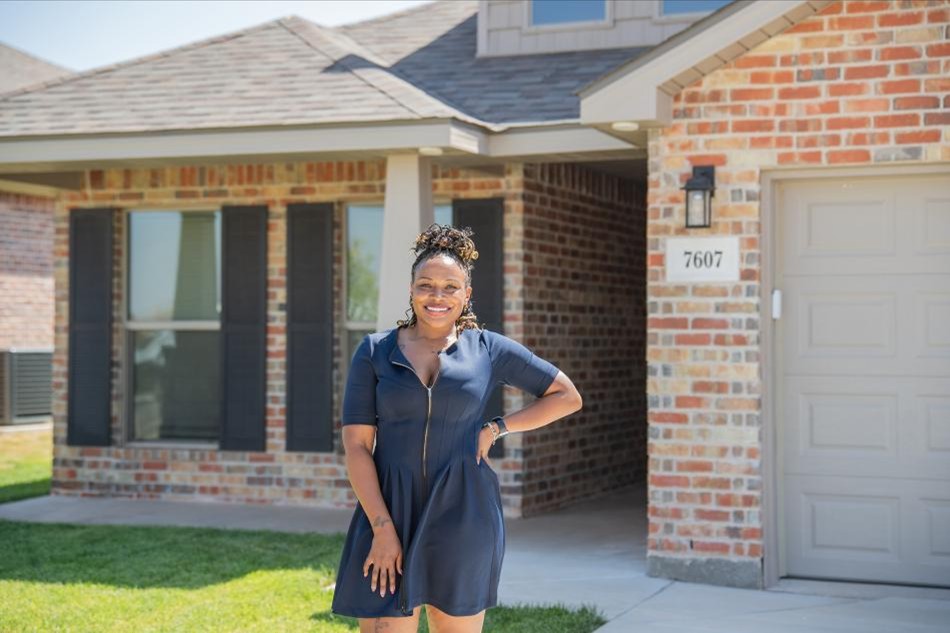When it comes to purchasing a home, you need a thorough understanding of a mortgage rate. A mortgage rate is the interest rate charged on a mortgage loan. Your mortgage rate plays a pivotal role in determining your monthly payments and the overall cost of homeownership. So let's take a look at the factors that influence how your mortgage rate will actually be calculated.

The Economy
Mortgage rates are closely tied to the economy. The following can all influence mortgage rates:
Inflation (the increase in prices and fall in the purchasing value of money)
- Unemployment rate (the number of unemployed people as a percentage of the labor force)
- GDP (gross domestic product) growth
Often, rates increase during times of economic growth because the demand for loan

Credit Score
A borrower's credit score is an indication of their risk of defaulting on a loan. Therefore a person's credit score heavily affects their mortgage interest rate. Borrowers with higher credit scores tend to be offered lower interest rates, and vice versa. The good news is that borrowers can improve their credit scores, which should help them get a better interest rate on their mortgage loan.

Loan-to-Value Ratio (LTV)
The loan-to-value ratio represents a comparison of the loan amount to the home's appraised value. This ratio influences mortgage rates. When a home's appraised value is significantly more than the loan amount, a borrower has a lower LTV ratio. Lower LTV ratios represent less risk to a lender, resulting in a lower interest rate for the borrower.

Borrower Profile
In addition to a home buyer's credit score, lenders will look at:
- employment history
- debt-to-income ratio
- other financial factors
These factors and more determine a borrower's level of risk. Borrowers with stronger financial profiles typically qualify for lower interest rates.

Loan Terms
The following can affect the mortgage interest rate:
- terms of the loan
- the loan amount
- loan term
- type of mortgage (for example, fixed rate vs. adjustable rate)
Generally, longer loan terms and higher loan amounts result in higher interest rates.

Discount Points
Borrowers can sometimes lower their mortgage rates by paying discount points upfront. Each point typically costs 1% of the loan amount and can reduce the interest rate by a certain percentage, depending on the lender.
In conclusion, mortgage rates are influenced by several factors. Some factors can be changed by the borrower (like credit score and financial profile). Other factors are out of a borrower's control (like the state of the economy). Home buyers need a trustworthy loan officer, like our Preferred Loan Officers, to help them get the best deal possible. For example, a Preferred Loan Officer can help a Betenbough Homes home buyer calculate the best way to use the flex cash that Betenbough offers. For some, the flex cash is most helpful as part of the down payment. The flex cash is most beneficial for others when used to buy discount points on the mortgage rate.
If you're ready to see what kind of interest rate you would qualify for, what a new home would cost, and what your monthly payments would be, book an appointment with us today!


